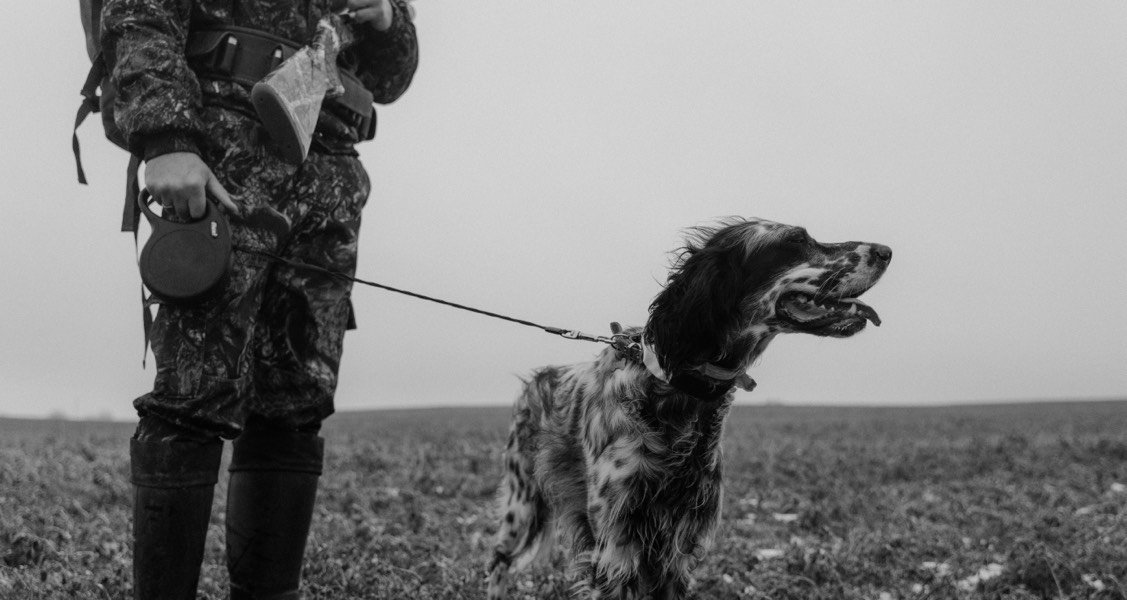Working dogs such as police dogs, military dogs, service dogs, and search and rescue dogs provide invaluable services. When these dogs retire from active duty, they require special care and attention to help them transition to pet life. Here are some tips for caring for your retired working dog’s health, wellness, and enrichment.
Provide Proper Veterinary Care
It’s important to keep up with annual vet exams for your retired working dog. Inform your vet of their prior working role so they can look out for typical issues. For example, dogs who previously wore vests and harnesses may have spine or joint problems. Dogs exposed to loud noises can develop hearing loss over time. Overall health screening can catch issues early.
Create and stick to a preventative care plan including heartworm, flea/tick, and dental care. Senior dogs especially require more frequent vet oversight for early disease detection. Keep vaccinations updated too.
Monitor Their Diet
Working dogs tend to have higher calorie needs. As they retire and become less active, closely monitor their food intake. Avoid obesity by feeding a measured diet of quality dog food twice per day.
Working dogs also deserve special treats! Feed healthy homemade options like frozen yogurt, blueberries, and carrot sticks. Monitor their treat intake as well so it doesn’t lead to weight gain.
Senior dogs may need diet adjustments for digestive and dental issues. Consult your vet for diet advice tailored to your dog’s needs and age. Proper nutrition helps retired working dogs thrive.
Encourage Ongoing Physical Activity
Retirement shouldn’t mean the end of all physical activity for working dogs. Exercise maintains their fitness, mobility, and mental stimulation. But, be careful not to overdo walks and playtime to avoid injuries. Start with mild exercise adjusted to their fitness level.
Ideas for low-impact exercise include:
- Leisurely short walks
- Wandering around the backyard
- Light games of fetch
- Swimming
Keep exercise positive and fun, not strenuous. Stop any activity if your dog seems tired or sore. Adjust the duration and intensity of exercise based on their age, mobility, and energy level.
Provide Mental Stimulation
In addition to physical exercise, your dog needs ongoing mental stimulation. Working dogs are used to being challenged and engaged daily in their duties. Retirement could bore them without adequate mental enrichment.
Mental exercise ideas include:
- Training sessions – Practice basic cues or teach new simple tricks
- Treat puzzles and toys – Use frozen Kongs or puzzle toys where they “work” to get treats
- Change of scenery – Visit new parks, trails, and neighborhoods for smells
- Social time – Schedule play dates with neighborhood dogs
Vary mental activities to prevent boredom. Even short 5-10 minute sessions a few times a day can keep your dog’s mind active and happy. Learning new things is enriching at any age!
Adjust Their Schedule Routine
Working dogs are accustomed to set routines and schedules around their duties. Retirement likely means more free time. Get your dog adjusted to a new routine with scheduled mealtimes, potty breaks, and activity periods.
Make retirees feel special by still designating training and play times. Dogs enjoy having a predictable schedule. Try to maintain their previous sleep/wake cycle as much as possible too.
Retired working dogs can have difficulty adjusting if their schedule is too far off from what they’re used to. Patience and routine will help the transition.
Provide Plenty of Affection
Working dogs bond closely with their handlers. While retired dogs get less individual attention, they still need affection.
Give your dog plenty of pets, cuddles, and praise each day. Set aside quality one-on-one time to brush them, massage their joints, or do relaxing activities together. Providing affection helps working dogs feel loved in retirement.
Let them be near you often for comfort and security. With less extreme demands than working life, retirement is a good time for your dog to enjoy their human’s companionship. Don’t forget the treats, toys, and adventures too!
Know When to Make the Tough Call
As hard as it is, you may eventually need to make the compassionate decision of a compassionate good-bye for your pet. If your dog’s quality of life declines to the point they are always in pain, stressed, or otherwise suffering, humanely easing their passing may be the right choice.
Discuss indicators for euthanasia with your vet ahead of time. When your dog reaches the point where bad days outnumber good days, it may be time. While heart-wrenching, euthanasia can be an act of love and kindness for a suffering pet.
No matter what, let your loyal companion enjoy their well-deserved retirement by giving them the best possible care. Working dogs deserve to relax and receive lots of TLC after busy careers of service. With some adjustments, they can transition to pet life and enjoy their golden years.











